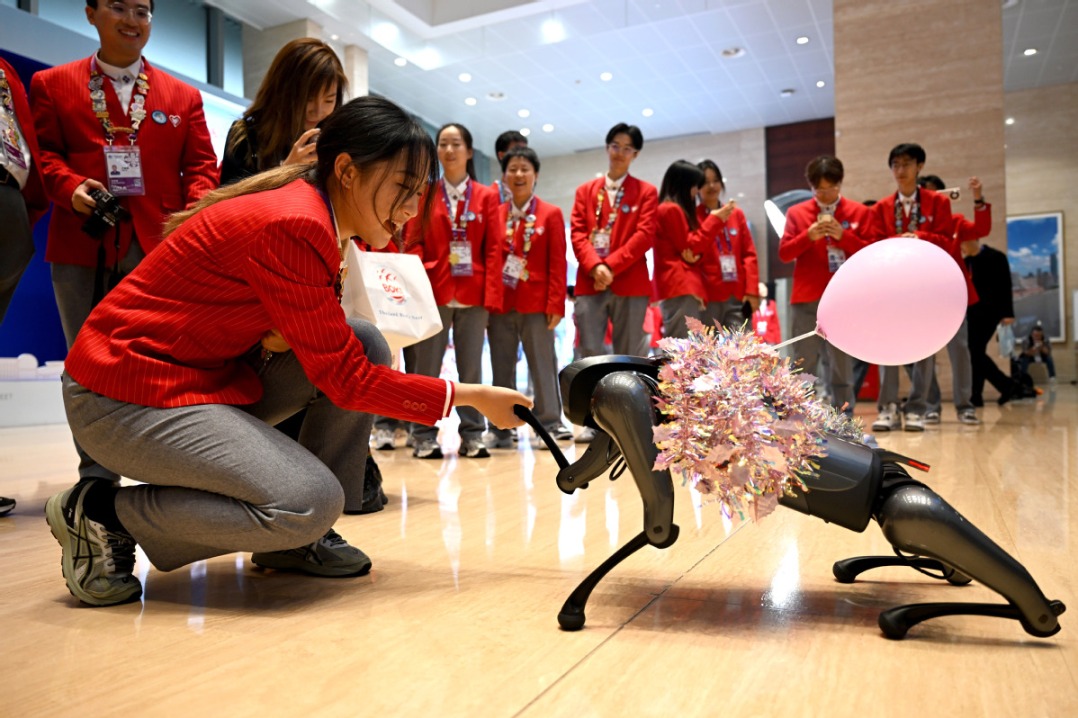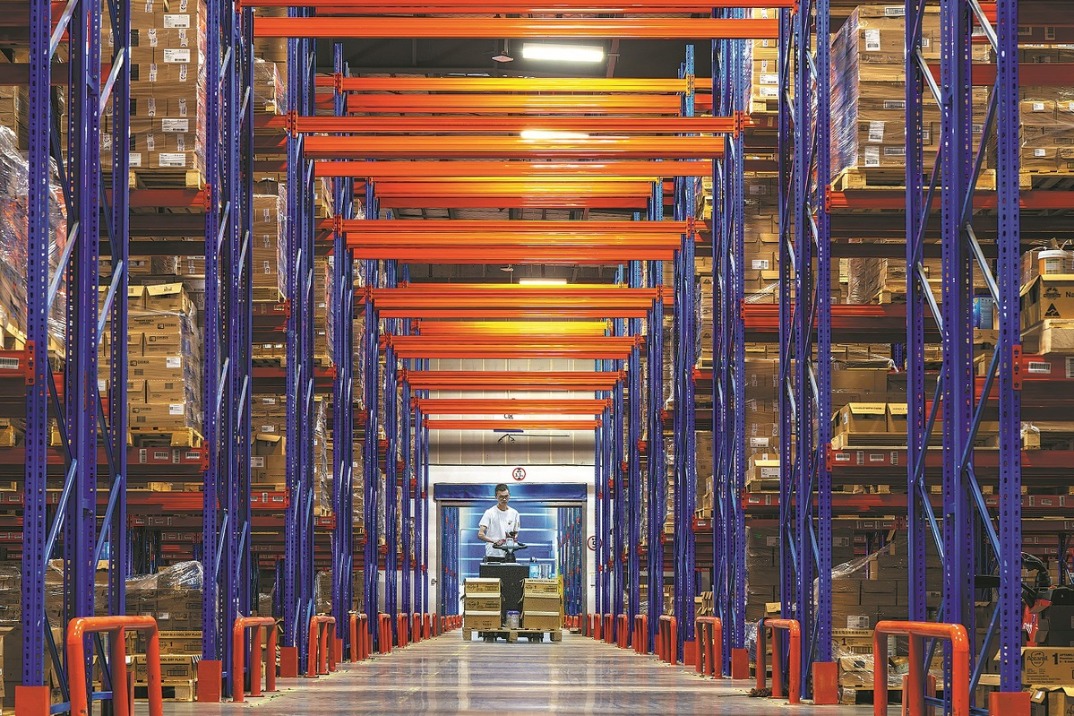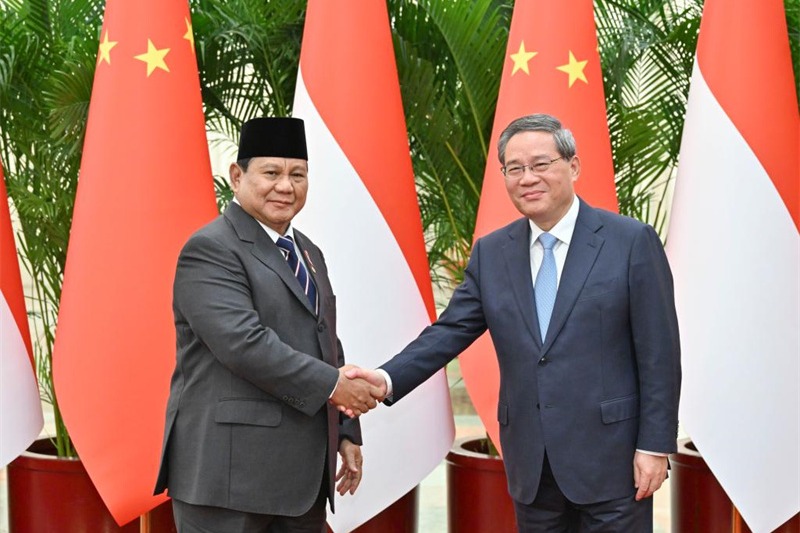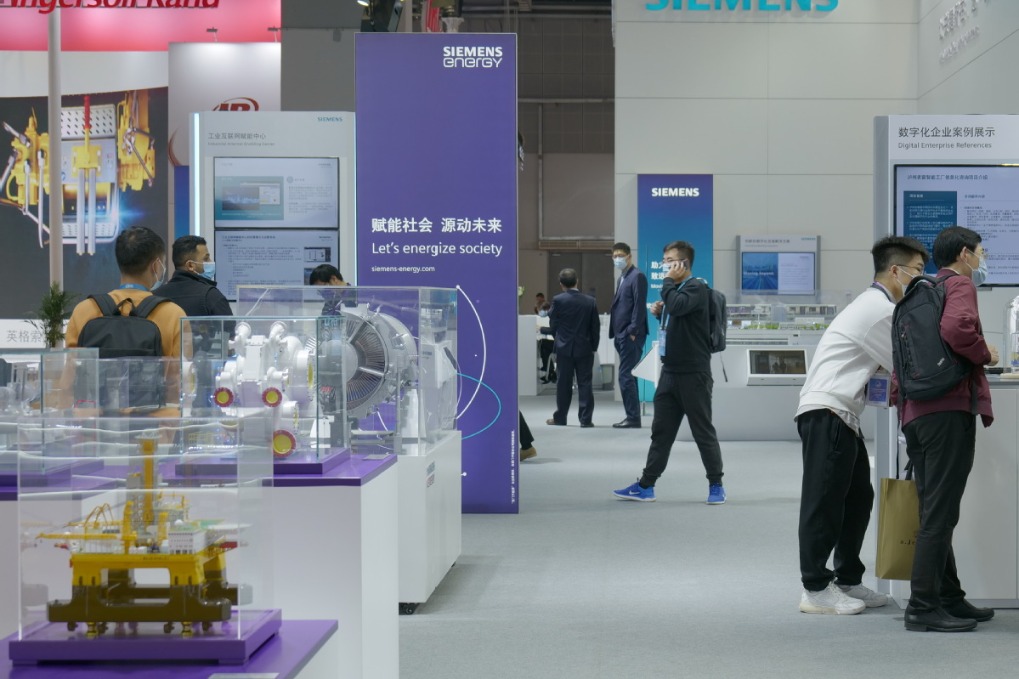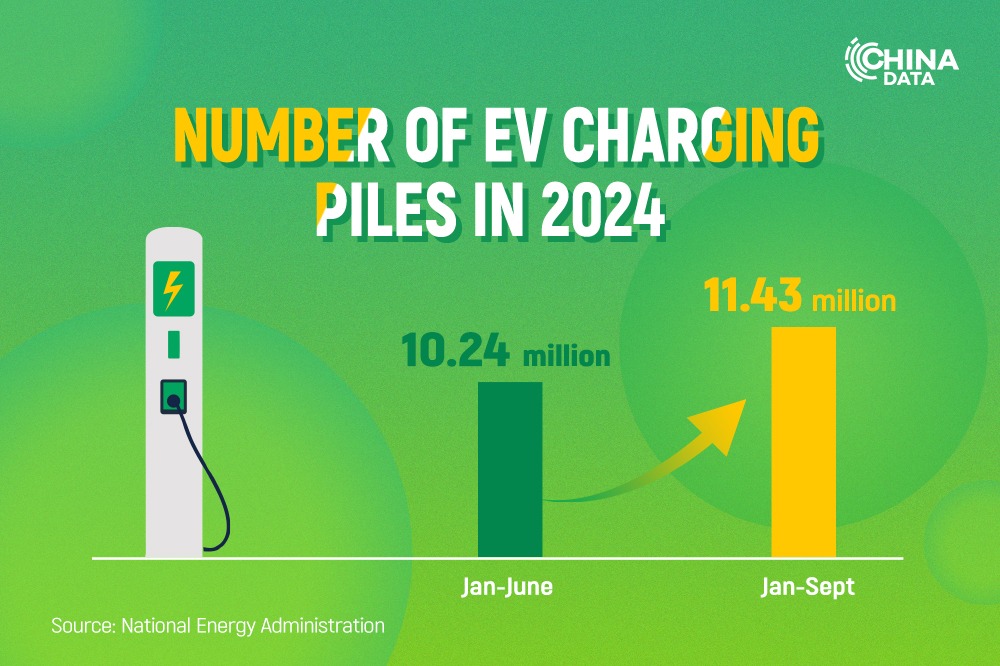Where top minds brainstorm on development, technology, tomorrow

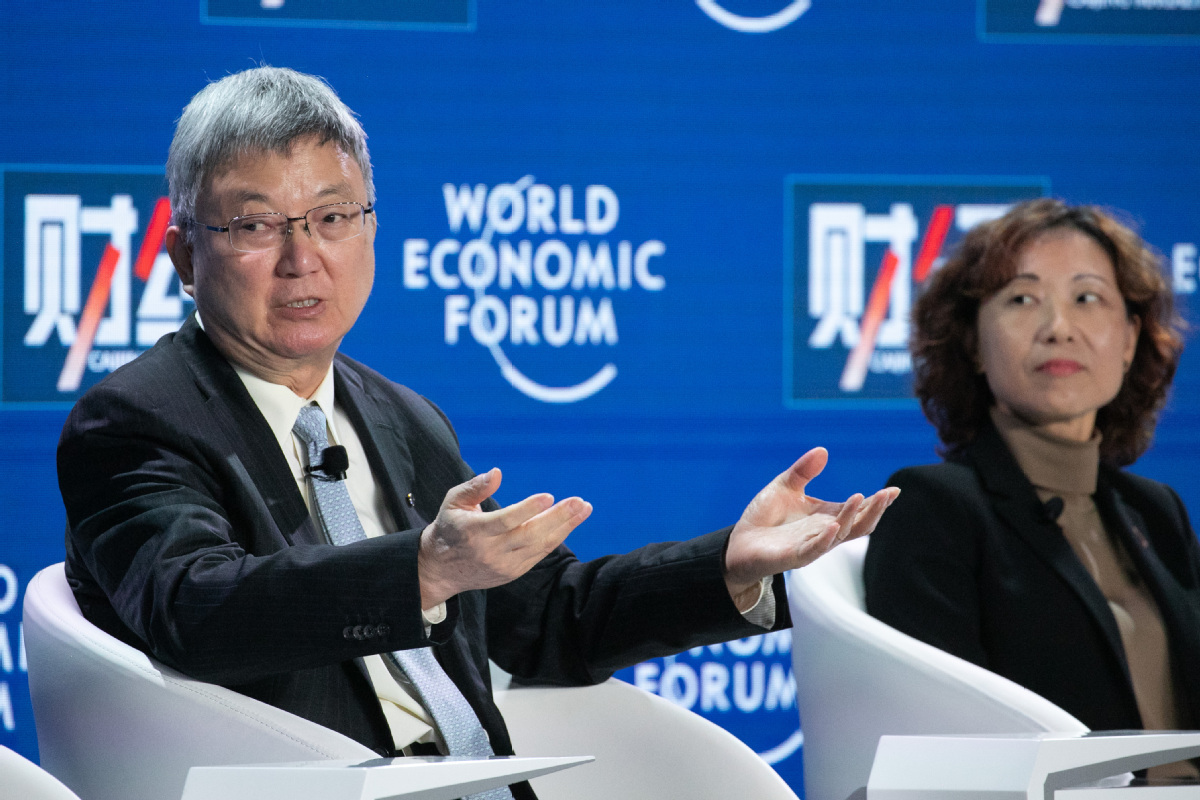
It was quite a spectacle indeed. In the last week of June, thousands of C-suite executives, government officials and media members participated in the 14th Annual Meeting of the New Champions, also known as Summer Davos Forum, in Tianjin.
Over three days, they interacted, shared insights and collaborated. They highlighted emerging fields such as sustainability and green development, which will be central to future development and growth. All this is significant given that the world is entering the post-pandemic era amid a cloudy global outlook.
Forum participants, including luminaries such as Zhu Min, vice-chairman of the China Center for International Economic Exchanges, said they see huge growth potential in China's green transition and future development as it will help create new growth drivers and promote high-quality and sustainable development in the long run.
After years of development, China has become the world's largest energy producer, built a diversified and clean energy supply system, and made considerable progress in its green transformation of energy during the past decade.
China's installed capacity of renewable energy generation has surpassed 1.1 billion kilowatts, nearly four times that of the level a decade ago and accounting for over 30 percent of the world's total installed capacity of renewable energy. Installed capacity for hydropower, wind, solar and biomass power generation has gained top spots worldwide, data from the National Energy Administration showed.
Now, China is taking concrete steps to foster green, low-carbon, high-quality development as it embarks on a path toward carbon peak and neutrality. The country has announced that it will peak carbon dioxide emissions before 2030 and achieve carbon neutrality before 2060.
Given that backdrop, dairy producer Mengniu Dairy will underline green and sustainable development as it has the capability to achieve its own goal of peaking carbon emissions by 2030 and reaching carbon neutrality by 2050, said its CEO Lu Minfang.
"We have adhered to sustainable production methods," Lu said. "On the one hand, we promote green development through measures such as expanding afforestation and curbing desertification. On the other hand, we continuously reduce energy consumption and carbon emissions through technological transformation, including artificial intelligence."
For instance, Mengniu recently announced the world's first fully intelligent dairy factory, the Mengniu Ningxia facility, was complete and has commenced operations.
It said the new facility is the largest single-liquid milk factory in the world. At full capacity, the factory can achieve "three one-hundreds", meaning that 100 employees can produce 1 million metric tons of dairy products annually, with an output value of 10 billion yuan ($1.38 billion).
With the digitalization of the entire industrial chain, equipment chain and system chain, Mengniu said the factory's overall energy consumption is down by 43 percent.
During the Tianjin forum, Liang Linchong, deputy director of the Department of Regional Opening-up at the National Development and Reform Commission, highlighted the importance of fostering green and sustainable development, saying the country is dedicated to promoting green construction of the Silk Road.
Looking into the future, he said China will work with countries involved in the Belt and Road Initiative to promote green and low-carbon development in terms of cooperation in fields like infrastructure, energy, finance and climate change.
















